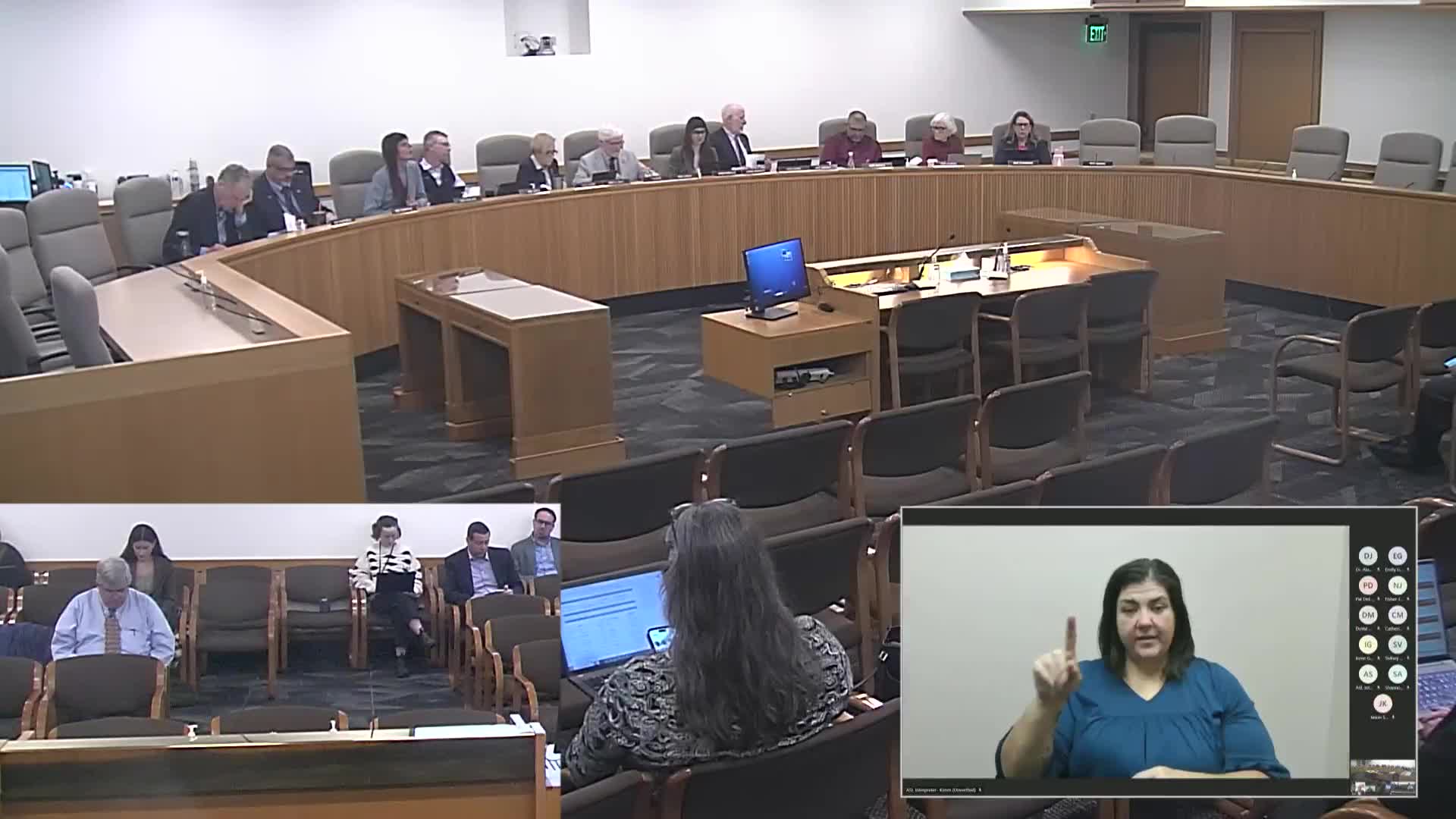Bill to speed transmission permits draws support from developers and concerns from farmers and landowners
Get AI-powered insights, summaries, and transcripts
Subscribe
Summary
House Bill 3681 would change state transmission‑siting procedures to shorten permitting timelines and clarify appeals and standing; developers and utilities supported the changes as necessary to build transmission more quickly, while farm and land‑use representatives warned the bill could weaken protections for farmland and thin judicial review.
Representative Mark Gamba told the committee on March 11 that House Bill 3681 contains nine proposals intended to speed transmission permitting and reduce delays that developers say have held projects up for decades.
Gamba noted the Boardman‑to‑Hemingway project as an example: “The Boardman to Hemingway transmission line … began its process in 2007. … that’s close to a 20‑year process, from application to anticipated completion,” he said, arguing that permitting delays threaten timely build‑out of transmission needed for clean energy.
What the bill would do
Key elements include directing the Energy Facility Siting Council (FSEC) to make a best effort to conclude contested cases within 12 months; clarifying that appeals of FSEC final orders should go directly to the Oregon Supreme Court; allowing minor site‑boundary changes without a full amendment; enabling simultaneous review of a Certificate of Public Convenience and Necessity (CPCN) and local land‑use approval; and clarifying standards for standing and use of site certificates in eminent domain proceedings.
Support from developers and utilities
Idaho Power and Portland General Electric, which both participated in a multi‑stakeholder transmission working group, testified in favor. Nate Fisher of Idaho Power described prolonged case timelines on Boardman‑to‑Hemingway and said the bill’s concepts are intended to avoid redundant, sequential agency processes that add time and cost.
“We filed a preliminary application for site certificate in 2013 … the contested case lasted 27 months,” Fisher said, and the final order issued in 2022. He and other supporters argued that clearer timelines and jurisdictional rules would improve certainty for large transmission projects.
Obsidian Renewables, a project developer, urged the committee to adopt a limited administrative fix in the dash‑1 amendment that would streamline routine extensions for projects that cannot begin construction within existing certificate deadlines.
Concerns from agriculture and land‑use advocates
The Oregon Farm Bureau and individual landowners opposed provisions they said would erode local land‑use protections and increase eminent‑domain risk for Exclusive Farm Use (EFU) land. Ryan Crabill of the Farm Bureau said the bill “disproportionately harms rural communities and Oregon’s agricultural lands,” and urged protections for farmland and landowner rights.
Irene Gilbert, an attorney who participated in prior Boardman‑to‑Hemingway appeals, warned that directing appeals to the Oregon Supreme Court without a comprehensive contested‑case record risks denying litigants meaningful review.
“I urge you to continue to require non‑contested cases the opportunity to go to circuit court, actually have a file develop,” Gilbert said, arguing the Supreme Court needs a full record to review contested matters.
Agency and stakeholder balances
Multiple energy and renewable‑development interests supported the package as targeted procedural fixes that would reduce duplication and clarify timing. Renewable Northwest and other advocates said the proposals are modest, taken together, and would make permitting for renewables and transmission more efficient. The Department of Energy (FSEC staff) and proponents emphasized that contested cases already follow extensive public processes prior to appeals.
Next steps
Committee members debated jurisdictional and land‑use concerns and asked for amendments; a dash‑1 amendment was posted and a dash‑2 was expected to follow. No committee vote was recorded in the hearing transcript; committee closed the hearing March 11 and moved on to other business.
